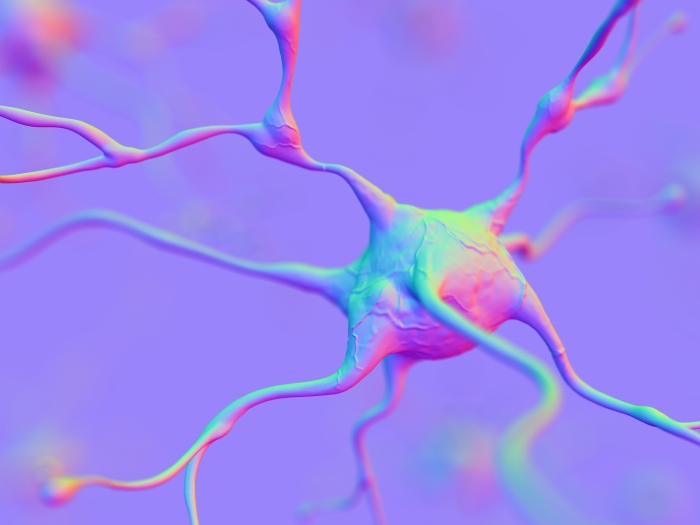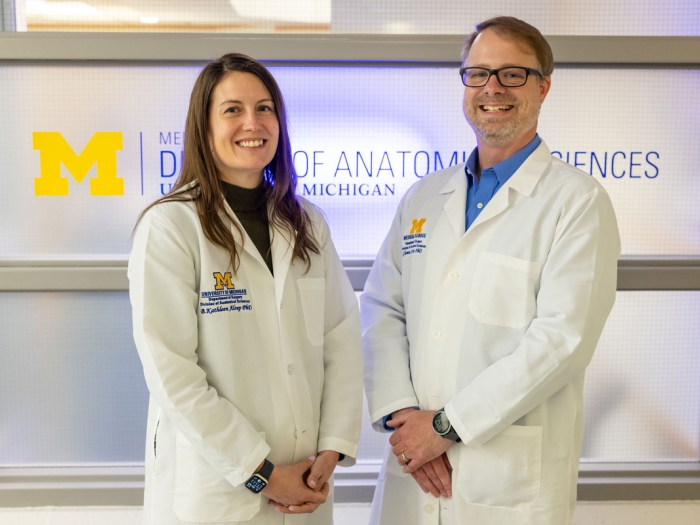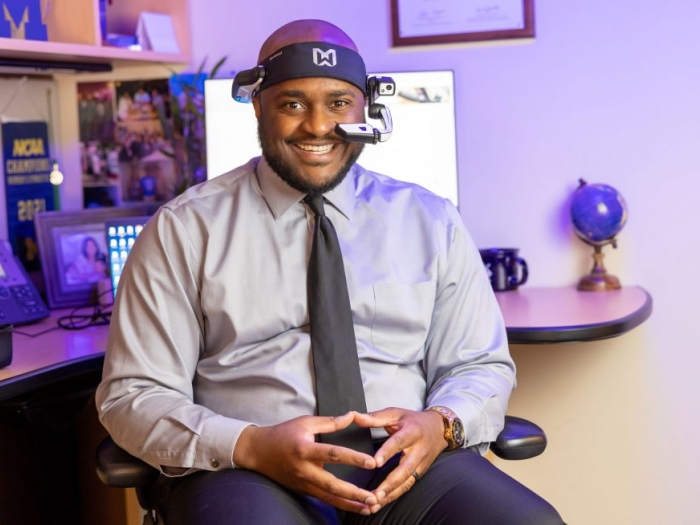Showing 1-15 of 21 results

The Fundamentals
Today on The Fundamentals, our guest Dr. Martin Myers, Director of the U-M Elizabeth Weiser Caswell Diabetes Institute, discusses diabetes research in the context of Ozempic, Wegovy, and other drugs that are changing how people think about weight loss.
You can learn more about Dr. Myers here, and you can follow the department of molecular and integrative physiology @UMPhysiology on X.

Health Lab
Most people with risk factors for cardiovascular disease – what are sometimes called the Essential Eight – are managed by primary care clinics, or haven’t seen any provider recently

Health Lab
Around 10% of all deaths following percutaneous coronary intervention are potentially preventable, a study led by Michigan Medicine finds.

Health Lab
A new collaborative study, examined the interaction between three naturally occurring gases — nitric oxide (NO), oxygen, and H2S — during generation of new blood vessels, called angiogenesis.

Medical School News
Known as the Health Equity Literature Archive, Chelsea Fisk’s goal was to cultivate empathy and understanding for people from different backgrounds and diverse identities by providing employees with access to diverse literature. The innovative pilot led by clinical researcher Chelsea Fisk served as a form of DEI education that was free to use, self-paced and barrier-free.

Health Lab
A new study links two autism-associated genes together for the first time, potentially revealing a mechanism behind brain changes seen in people with autism.

Health Lab
Experience gave him a new appreciation for interprofessional patient care

Health Lab
A physician invents a creative approach for medical students in diabetic care.

Health Lab
The tool, which is free to use, includes photography, videography and virtual reality learning resources from anatomical donors, along with comprehensive lab manuals and interactive files with click-to-reveal testing capabilities.

Health Lab
A study in PNAS identifies a protein that, when missing, makes exercising in the cold that much harder—that is, at least in fruit flies.

Health Lab
Research from the Department of Molecular & Integrative Physiology at Michigan Medicine identifies a previously unknown genetic mutation that causes the disease called primary aldosteronism in certain populations.

Medical School News
In his practice as a podiatrist, surgeon, and wound care specialist, Alton R. Johnson Jr., D.P.M., sees a high percentage of patients with diabetes who seek care for things such as neuropathy, vascular complications, or chronic wounds associated with the diabetic foot.

Medical School News
Elissa Patterson, PhD, clinical assistant professor of psychiatry and neurology, is a health psychologist who treats hospitalized medical and surgical patients. Her role is to optimize the behavioral factors that help patients heal as swiftly as possible. She is particularly passionate about holistic pain management methods that can aid in the battle against the opioid crisis that continues to affect hundreds of thousands of people.

Health Lab
One of the most important protein complexes in mammals involved in ERAD is called SEL1L-HRD1. Recent research finds that this protein complex helps regulate another critical protein involved in innate immunity, called STING, at the endoplasmic reticulum.